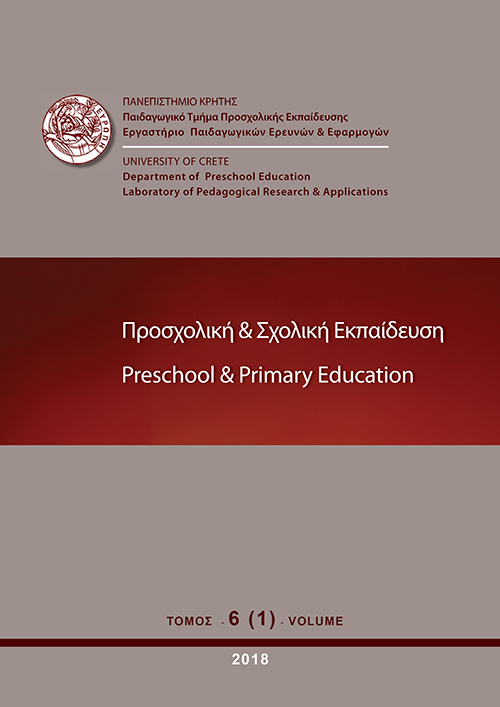Generalizations, overgeneralizations and intercultural communication: The stereotype of the Greek nation at commemorative ceremonies in schools.

Abstract
This paper has a double aim: (a) to approach a stereotype of the nation as overgeneralization and obstacle to intercultural communication and (b) to suggest ways to start to “escape” from stereotypical thinking. The first aim is pursued through a comparison between two conceptualizations of the level of “programming” of the human mind: (a) Hofstede’s model of the “software” of the human mind and (b) a stereotype of the Greek nation widely used in schools, as it is presented in the literature. Both constitute theories of the patterns of thinking, feeling and potential acting among the members of nation. The first (scientific) theory is explicitly articulated on three levels: individual, group and human nature. The stereotype of the nation may be viewed as a folk theory. Meant to serve the management of everyday life, it does not have to be explicitly formulated or satisfy the requirements of a scientific theory. The school stereotype was subject to thematic analysis. The comparison suggests that this national stereotype tends to abolish the lines that, In Hofstede’s schema, keep the levels of mental programming clearly separate. As a result, the stereotype constitutes an overgeneralization. As such, it is viewed as an obstacle to successful intercultural communication. Thus, I argue for the need of critical self-examination as the means of acquiring awareness of our stereotypes. To this purpose, a few “techniques” and a brief overview of relevant literature.
Article Details
- How to Cite
-
Benincasa, L. (2018). Generalizations, overgeneralizations and intercultural communication: The stereotype of the Greek nation at commemorative ceremonies in schools. Preschool and Primary Education, 6(1), 73–94. https://doi.org/10.12681/ppej.14896
- Issue
- Vol. 6 No. 1 (2018)
- Section
- Articles

This work is licensed under a Creative Commons Attribution-NonCommercial-ShareAlike 4.0 International License.
Authors who publish with this journal agree to the following terms:
- Authors retain copyright and grant the journal right of first publication with the work simultaneously licensed under a Creative Commons Attribution Non-Commercial License that allows others to share the work with an acknowledgement of the work's authorship and initial publication in this journal.
- Authors are able to enter into separate, additional contractual arrangements for the non-exclusive distribution of the journal's published version of the work (e.g. post it to an institutional repository or publish it in a book), with an acknowledgement of its initial publication in this journal.
- Authors are permitted and encouraged to post their work online (preferably in institutional repositories or on their website) prior to and during the submission process, as it can lead to productive exchanges, as well as earlier and greater citation of published work (See The Effect of Open Access).


